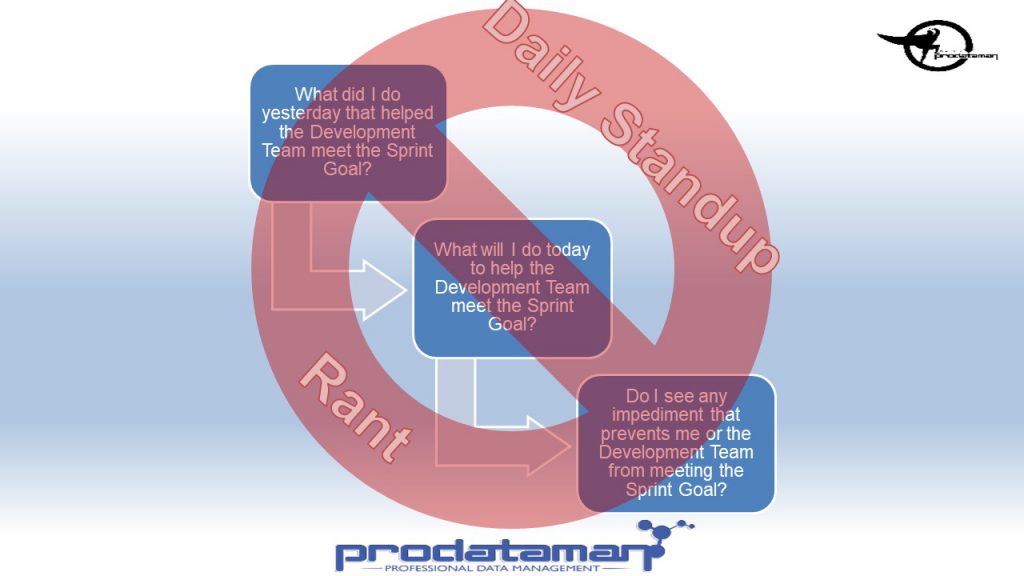Are your Daily Standups and Sprint Retrospectives taking too long?
Do important stakeholders frequently skip your meetings?
Do team members question the value of your Standups and Retros?
It may be time to reevaluate the priorities of your daily standup and retrospectives.
Don’t just hit the bullet points!
A retrospective is not just about what you did yesterday and what you are going to do tomorrow and what impediments you have encountered. I’m sure that any agile development guide, website or blog post you read will tell you that a daily standup or sprint retrospective is all about discovering:
What we did well?
What we didn’t do well?
What we’re going to do better next time?
Are there any impediments?
These are the standard bullet points to hit during your daily stand up and sprint retrospective. But if all you do is hit these bullet points you’re missing the point of a daily standup and sprint retrospective. The goal of these scrum ceremonies is continuous feedback and continuous improvement therefore your feedback is only valuable if:
What you did or discovered yesterday represents a learning experience for the team
You completed a task that was blocking other work
Learned a more efficient way to complete a task
Discovered a previously unknown dependency
Documented / Performed a previously unstated delivery team task
These items will be of interest to the team. But simply stating that you are working on the same thing your worked on yesterday and the same thing you will be working on tomorrow is not useful in the standup or sprint retrospective as this information should be available on the team portal and project timeline. It is also important to avoid “solutioning” during? these ceremonies as the act of creating a solution for a problem facing certain members of the delivery team excludes other team members and stakeholders. This kind of information with narrow relevance will eventually cause team members and stakeholders to avoid the meeting. Repetitive, minimally useful information provided as part of the software delivery cycle will quickly be categorized as noise and summarily ignored. Take heed and ensure that all information you provide and request during these scrum ceremonies is timely and relevant.

